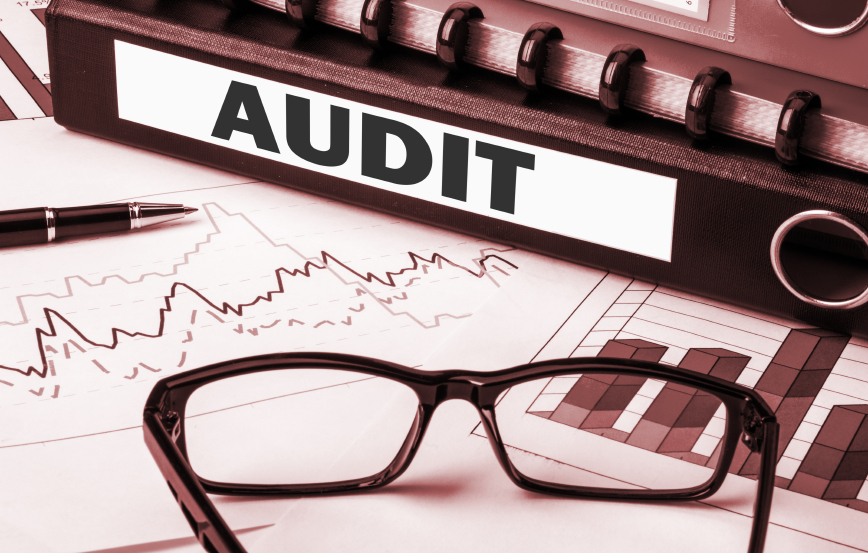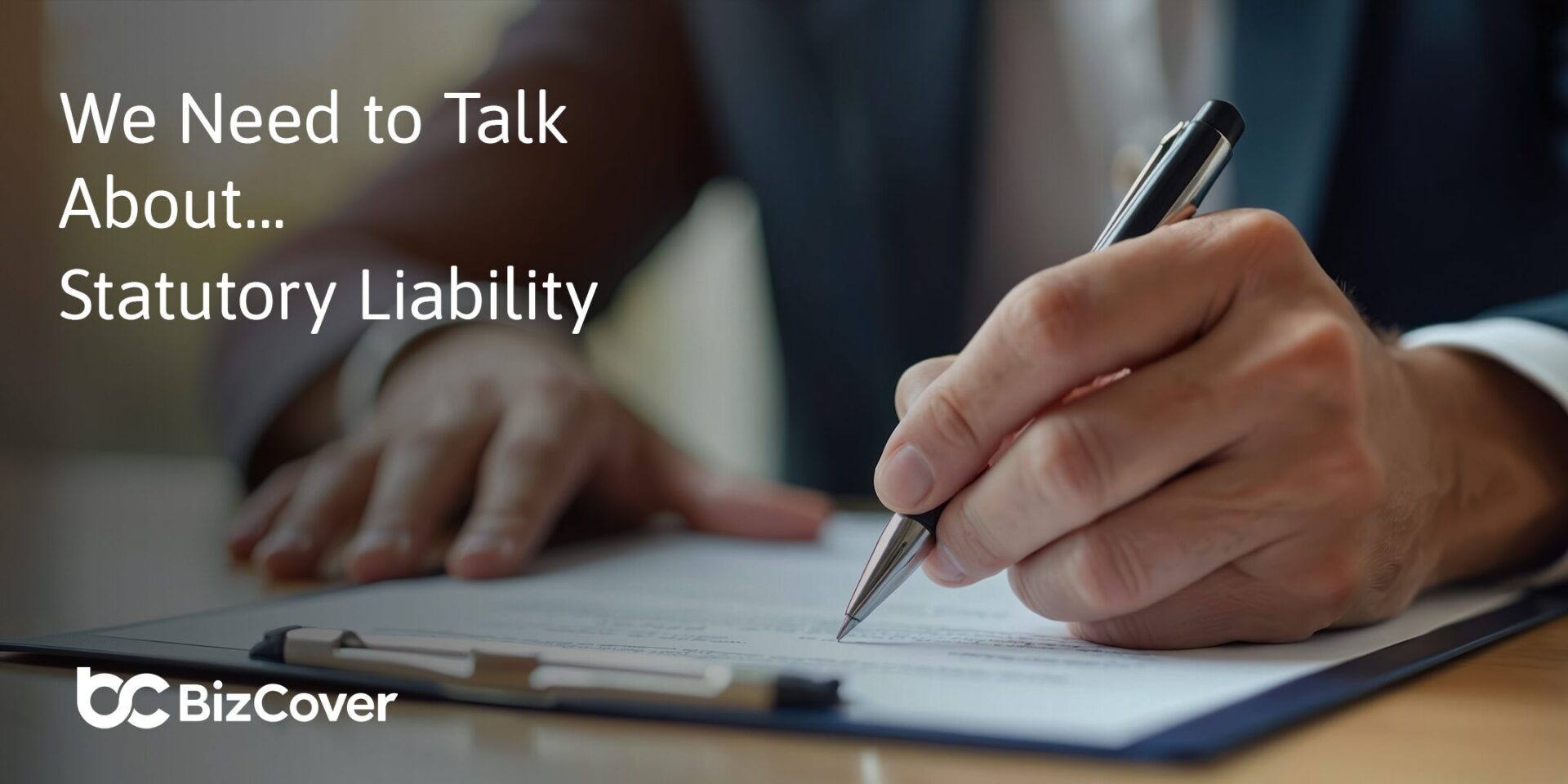7 Common Types of Small Business Insurance
If you own a small business, there’s no denying one the most important things you need to protect your assets is Small Business Insurance. But what kind of insurance do you actually need?
There’s no ‘one-size-fits-all’ when it comes to insuring a business, just as there are no two businesses that are exactly the same. Your insurance needs will vary depending on a variety of factors, such as, the industry you operate in, your trade, and the type of business you run. It will also be influenced by the size and location of your business and your appetite for risk. A tradie will face different challenges and risks, to say, a real estate agent, coffee shop, or an engineering firm. Just as a mobile or home-based hairdresser will have varying needs to those of a salon owner who has a shop front.
However, one thing’s for certain, and that is, finding the right insurance is an essential part of managing the risks involved in operating your business. And let’s face it – all businesses confront an element of risk on a daily basis, regardless of their size or the industry they are in.
It’s also important to note that some types of insurance are compulsory for many kinds of businesses, whether it’s a legislative requirement, an obligation as a member of a professional board or association or required by a contract you enter into with a landlord or a customer.
Fortunately, these days there are a variety of policy options to choose from and business insurance policies can be tailored to suit your individual business needs.
It’s wise to consider insuring your assets, your revenue, and your liabilities.

1. Public Liability Insurance
Every business should consider Public Liability Insurance – even home-based businesses. It covers you and your employees for potential liabilities to third parties if your products or services cause bodily injury or property damage. For example it can provide protection if, a customer slips on a wet area of your shop floor and fractures their wrist, or an employee damages your customer’s furniture whilst carrying out renovations to their house.
Public Liability not only covers the cost of compensation, but your defence costs as well. Without the correct level of cover, a potential claim could cost you thousands of dollars (or even hundreds of thousands of dollars), and could be enough to put a small business out of business!
Related: Public Liability Insurance explained
2. Professional Indemnity Insurance
If your business or profession involves providing a service or advice, then Professional Indemnity (PI) Insurance is a must have. It protects professionals against liability for damages, and the legal costs associated with defending yourself against claims arising from an act, omission, or beach of duty in the course of your work. Your Public Liability policy does not provide protection if there is financial loss only or if the cause of the loss was a breach of professional duty, so it’s important you know the difference.
Professional Indemnity Insurance is applicable to many professions, such as chiropractors, consultants, engineers, architects, real estate agents, and accountants, just to name a few. In many professions it is a requirement to hold a PI policy in order to render your services.
Each industry has its own unique set of risks which can be addressed in a policy tailored specifically for your profession.
Related: Professional Indemnity Insurance explained
3. Business Insurance
Business Insurance often comes as a package encompassing a range of different coverage options for you to choose from, with the most common being Building, Contents, Theft, Glass, and General Property. It is designed to protect you for material damage losses from unexpected events such as fire, storm, theft, and accidental damage, and can also provide cover for loss or damage to portable and valuable possessions, including laptops and mobile phones. You also have the option of bundling your Public Liability policy.
You’ve put tremendous effort into building your business, so it’s important to consider exactly which types of cover you need to protect your livelihood.
Related: Business Insurance explained

4. Business Interruption
Have you ever stopped to consider how your business would survive should it suddenly come to a grinding halt? If a fire, storm or theft meant having to rebuild your business (potentially from scratch) or a minor emergency such as a burst water pipe shut your business down temporarily, how would you survive financially? Your Business Insurance will help you cover of getting your physical assets back in order, but how would you cope if you were no longer earning any revenue, or your revenue suddenly dropped? You can include Business Interruption as part of your Business Insurance, it provides cover for the loss of income, as well as increased expenses of running your business as a result from interruption caused by material damage events.
5. Management Liability Insurance
Management Liability Insurance protects the company and the people who manage the company, such as the Company Director and Senior Managers, against the risks and exposures of running the business – your liability for mismanagement. It covers against allegations and acts of misconduct and legislative breaches, including statutory fines and penalties, defamation, statutory breach of duty, OH&S issues, unfair dismissal, and sexual harassment. It also protects a business against losses arising from dishonest acts such as theft and fraud by employees, including theft of stock.
Without sufficient protection, you could potentially risk losing not only your business, but your personal assets too.
Related: Management Liability Insurance explained
6. Cyber Liability Insurance
If you have a website for your business or you store sensitive customer information on your computers or laptops, you should think about holding a Cyber Liability policy. Cyber Liability Insurance protects your business in the event of a cyber attack. Whether your website is hijacked and defaced, or your sensitive data and client information is stolen, the costs of repairing the damage and the legal costs associated with a data breach can have a significant impact on your business, not to mention the damage it can cause to your reputation.
7. Tax Audit Insurance
With an increase in the number of small businesses being subjected to random tax audits by The Australian Taxation Office (ATO), it may be time to consider Tax Audit Insurance for your business. Dealing with audits can be a time consuming, expensive and stressful event, often leaving you out of pocket by thousands of dollars. Tax Audit Insurance is designed to provide protection by covering expenses incurred during an audit or investigation, including professional fees from accountants, lawyers, bookkeepers, and any other advisors that are required.
As with any purchase you make, doing your homework and shopping around is the best way to ensure you get the right cover for your business – and at the right price. The best way to do this is to use a comparison site where you can compare products closely and choose one that meets all of your small business needs. At the end of the day, having the right protection could mean the difference between continued success, and being left high and dry should you need to make a claim.
This information is general only and does not take into account your objectives, financial situation or needs. It should not be relied upon as advice. As with any insurance, cover will be subject to the terms, conditions and exclusions contained in the policy wording or Product Disclosure Statement (available on our website). Please consider whether the advice is suitable for you before proceeding with any purchase. Target Market Determination document is also available (as applicable). © 2025 BizCover Pty Limited, all rights reserved. ABN 68 127 707 975; AFSL 501769.




